Las Vegas shooting: 25 days later, survivors say they can still hear the bullets and the screams
One survivor says he sometimes hides in his closet, while some can barely sleep.
— -- Heather Melton dreams of her husband every night. Mike Greenfield says he constantly hears gunshots.
Russell Bleck sometimes hides in his closet. Lisa Fine went to Hawaii to cope with her stress.
Dean McAuley keeps seeing faces of those who did and didn't make it.
And all five of them say they’ve had trouble sleeping ever since Oct. 1 -- the day they survived the deadliest mass shooting in modern U.S. history.
Melton, Greenfield, Fine, Bleck and McAuley were all in attendance at the Route 91 Harvest music festival, when Stephen Paddock opened fire from the Mandalay Bay Resort and Casino onto the crowd and killed 58 people.
In recent interviews with ABC News’ “20/20,” the five shared how they've been coping with one of the worst days of their lives.
Though they each had very different horrific experiences, the four of them seemed to echo each other’s sentiments of trauma and an overwhelming sense of unsafety weeks later.
Read their stories below.
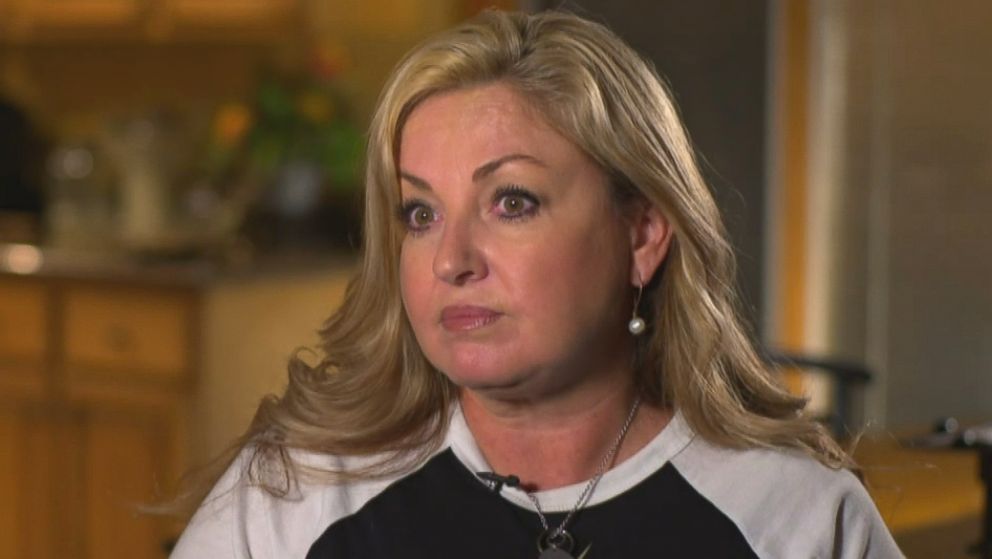
Heather Melton
Heather Melton, an orthopedic surgeon from Big Sandy, Tennessee, attended the Route 91 Harvest music festival with her husband, Sonny Melton, a nurse. Heather Melton survived, but Sonny Melton was killed shielding her from the hail of gunfire. Heather Melton returned home to Tennessee where she lives with her three children.
“My overriding feeling that I have is grief. Like, I feel that that is such a consuming emotion right now that I don't have a lot of room for anger or hatred, and I'm really trying to make a conscious effort not to have those feelings. I feel that those are a bigger burden on me than they are on anybody else,” Heather Melton told ABC News’ “20/20.”
“But I also do have a strong sense of the love that Sonny and I shared, and that is what really sustains me and gets me through some of these situations.
“When I first came home to Big Sandy, that first night that I was back here was really disturbing to me. I've always felt safe living here," she said.
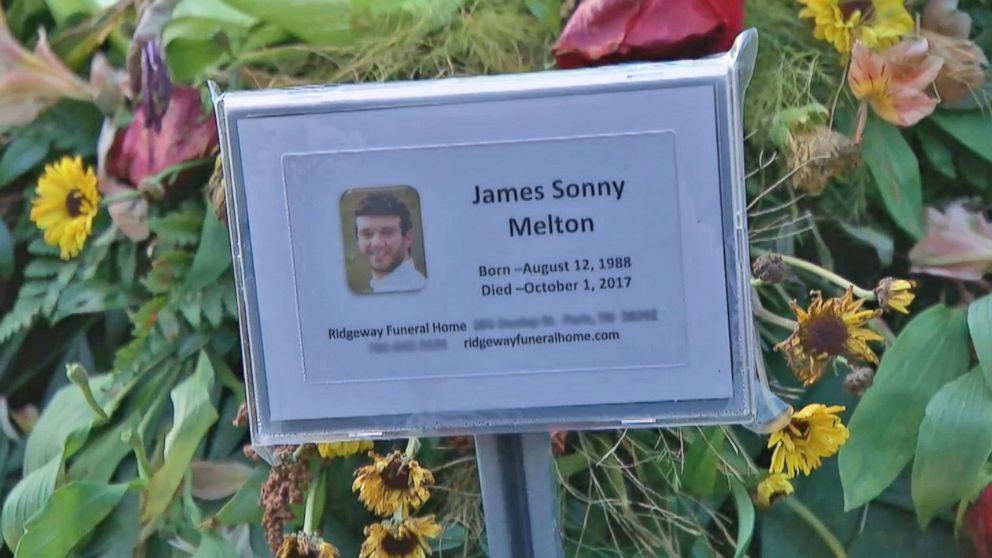
“But I remember pretty vividly that night having a lot of dreams about people trying' to break into my house. Since then, I have dreams every night that Sonny -- I know Sonny has passed, but he doesn't. And so he keeps showing up everywhere. And he's in my dreams every single night. And I keep hoping that he doesn't realize that he actually has passed away, so that he stays.
“So since this whole tragedy has happened, I haven't slept alone 'cause my daughter's been in my bed with me. But I did sleep by myself last night," she continued.
Speaking again of Sonny, “When we fell asleep at night, we were holding hands. We'd hold hands in the middle of the night. So it's so unnerving to not have him there. And he would always, like, just a gentle touch on my shoulder or on the back of my head.
“I always knew he was there. And just walking anywhere now, it feels empty 'cause he's not there to hold my hand.”
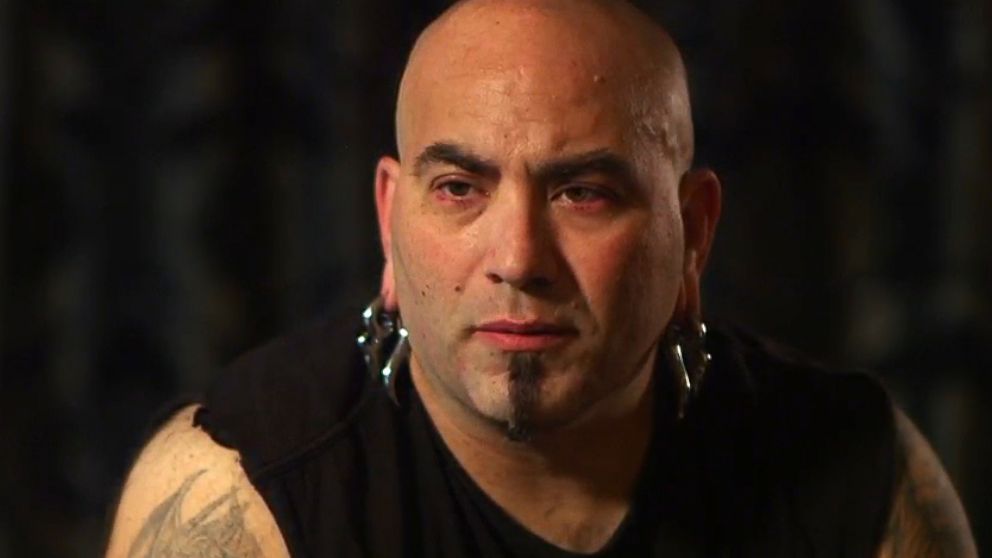
Mike Greenfield
Mike Greenfield was working as a stagehand on the day of the music festival. Greenfield told “20/20” that he used his flashlight to help people onstage see where the stairs were to exit. He said it took him about a “day and a half” to wash other people’s blood off his hands.
“I went to go see the doctor and he wanted to know what was going on with me. Not even like 30, 40 seconds into telling him, I start bawling. I start breaking down. I couldn’t get words out. I was just literally like a child that had been punished. I could not speak I just kept trying to gasp for air, and the doctor was like, ‘OK, I'm going to write this up for you.’
“What do we do in something like this? It's very catastrophic and horrific. I'm just trying to get by. I never asked anything of anybody, but in the lifetime that I have left I don't want to see this again.”
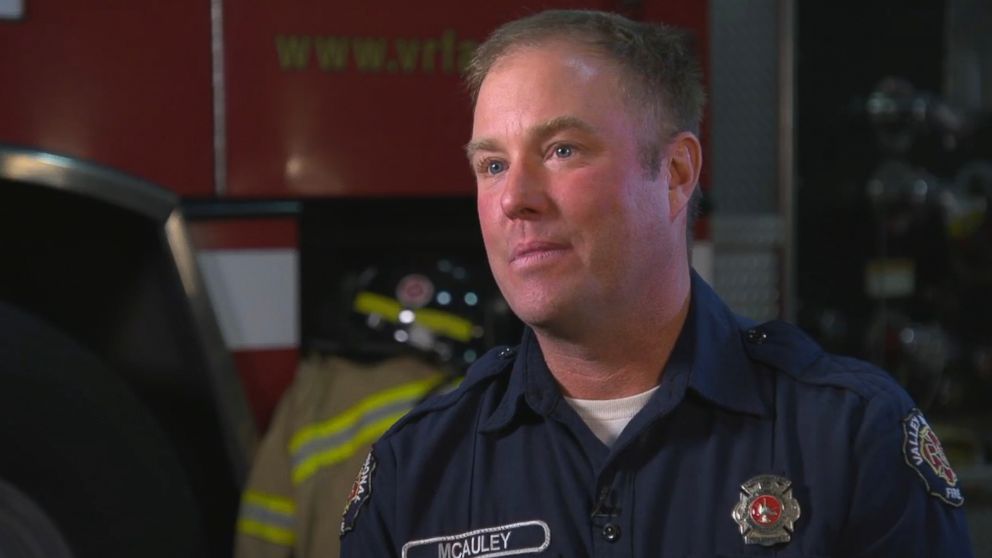
Dean McAuley
Dean McAuley is a professional firefighter for Valley Regional Fire Authority in Auburn, Washington, and lives in Tacoma, Washington. He attended the music festival, and after the shooting began, he assisted other first responders by attempting to save people.
“Sleep has been the hardest, just trying to get back to normal,” McAuley told “20/20.” “Usually you know, you lay down at night to go to sleep like anyone else does in this country. [I] follow notes from my counselor -- how to put good images in your head, how to work through some of the images that we saw down in Las Vegas. And usually a minute or two into it, I’m right back in Las Vegas. I’m hearing bullets. I’m hearing screams. I’m seeing faces, a lot more faces than I saw initially.”
“There was one girl that was coming up over a gate, and her face kept popping up for me and just the sheer terror on her face kept registering for me," he said.
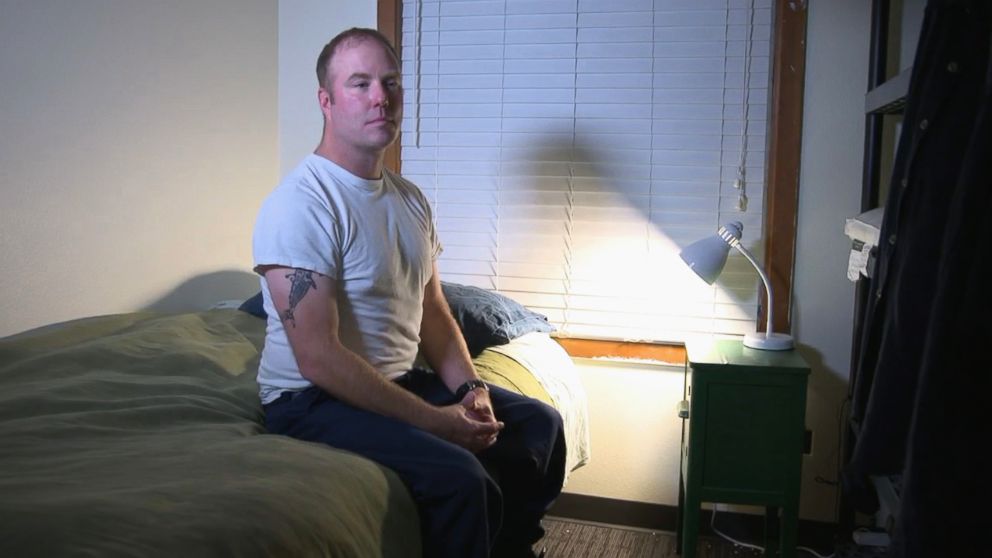
“So one of the things that my therapist helped me with is -- when these images come up, when I see these faces of these people who didn't make it or were trying to make it -- not suppress them and not push them down and then to breathe with them and to be able to move to the other side of it and to really recognize what it is.
“It's tough, because as a first responder, we usually show up after the scene, after everything is done. And this scene is a lot different. To be there in the midst of the terror and to see the faces and the screams is different than when we usually show up on scene as a firefighter.
“Once a week I go and see my counselor, and we talk about Las Vegas and talk about tools and techniques. I feel like I’m on the right track. You know, I feel like I’m doing the right thing. It’s going to take a while.”
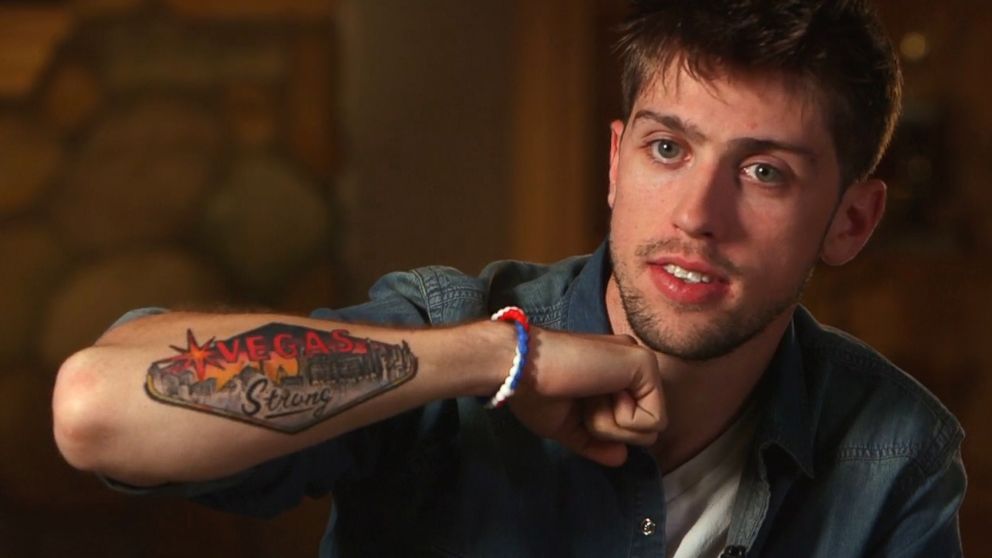
Russell Bleck
Russell Bleck, 28, attended the music festival with his fiancée, Breanna Skagen. He captured video at the festival grounds during the shooting as he and Skagen tried to find cover.
“I wake up from my dreams and just run down this hallway, into the spare room where I know Brea can’t see me. And I have a blanket and pillow from when I hide,” Bleck told “20/20.”
“I’ll just run into this closet and shut the lights off and shut the door and put my body against so no one can’t kind of come in. I lock myself for hours.
“I run away from my fiancée. When I get upset, she relives it. When she gets upset, I can get her mind off from things. But when things hit me, there’s not that many people that can talk me down.
“It’s hard to let her see me like that, it’s not a matter of weakness, or looking like a badass or anything like that, it’s just a matter of security.
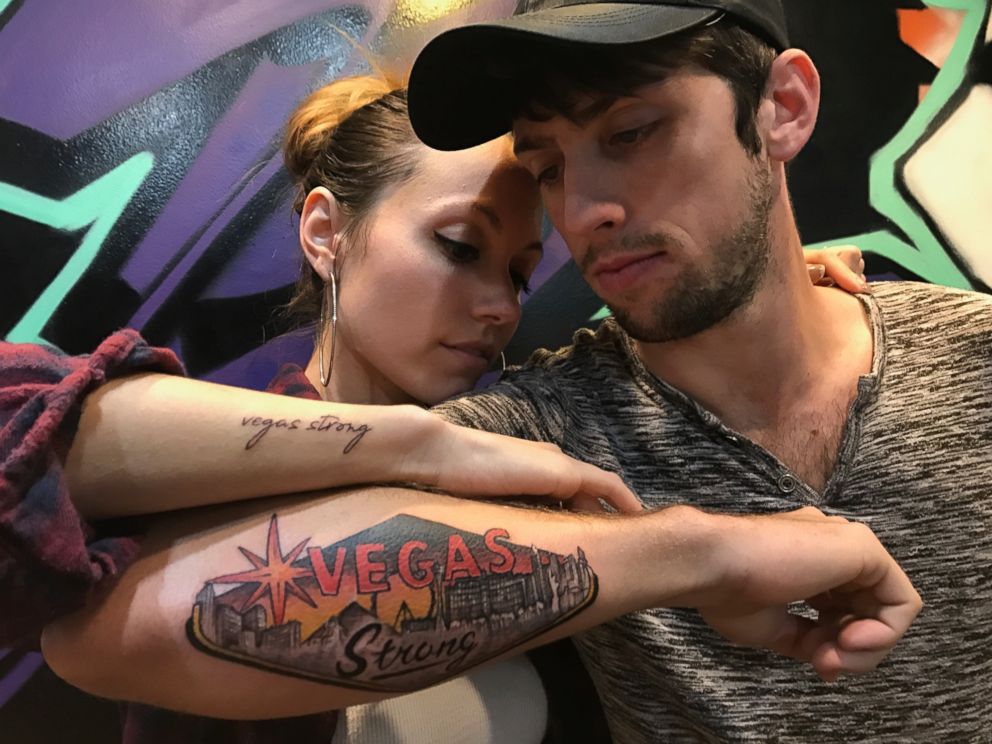
“That night she listened to exactly what I told her to do and we made it out and survived. It’s hard to look at her because every time I look at her, I see that fear, that absolute fear, nobody’s ever seen before. I can’t explain it, just pale ghost-white terror of we are not going to make it.
“I am not going to get broken by this. I am broken but in the end, you know, you get over it.
“I am 28 years old and I call my mom to feel better and hide in a closet. [If] you got do it, you got to do it.”
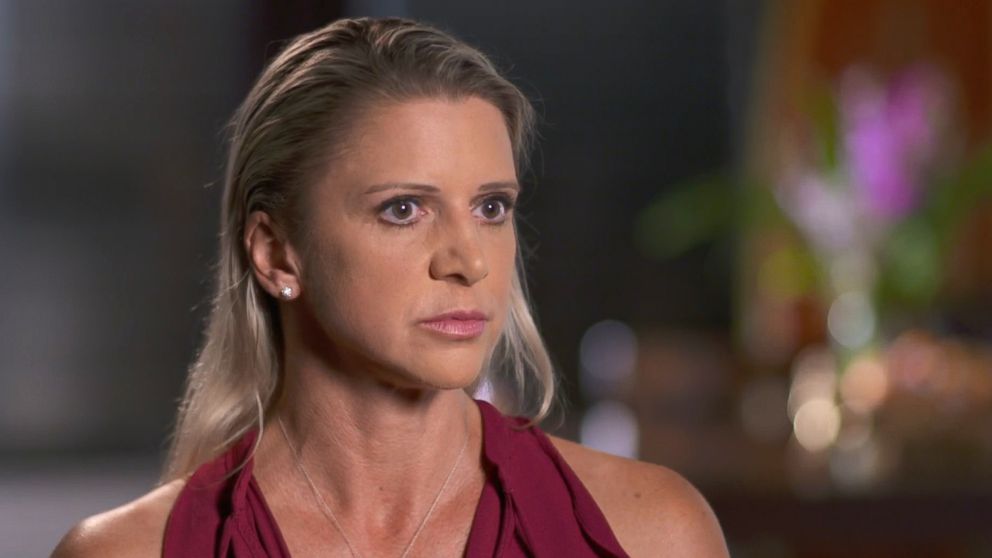
Lisa Fine
Lisa Fine is a professional organizer and personal trainer and nutritionist. Fine wasn’t originally planning on going to the festival, but got a last-minute invitation when someone else couldn’t go. She said she recorded videos during the shooting because she wanted her children to know what happened to her in case she didn’t make it.
“I'm in Hawaii because I was told by a doctor and also a psychiatrist with my post-traumatic stress disorder that I'm dealing with that I needed to get away, I needed to walk on the beach,” Fine told “20/20.” “Be in nature and just really get away from technology and just breathe and relax, because when I went in my blood pressure was 165 over 110.”
“And it's been like that for weeks. And they had to give me some medication and just kind of tell me to calm down and that I'm not in any danger anymore.
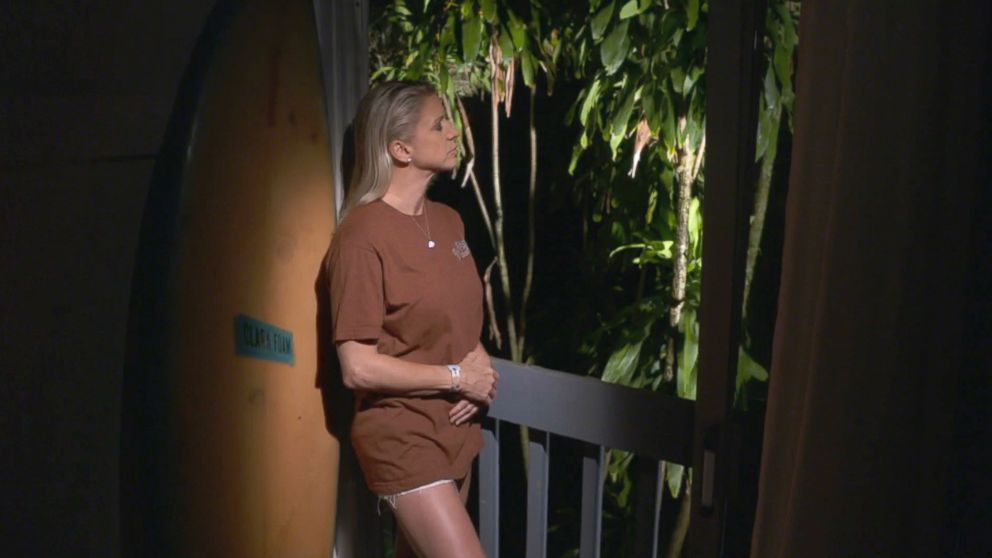
“Getting on with my life has been a challenge. There's some moments where it feels like I'm right there. And other moments that I feel like it's like surreal to me. And I feel like it's going to be like that for a long time.
“I don't sleep. I have not slept yet during the day. I get distracted by some things and I try to stay positive and focus on more incredible, you know, ways to be in life. Like we started [a non-profit called] Route 91 Strong with some survivors, and we also are wanting to give back to other victims and survivors of the tragedy.”
Editor's note: These interviews have been edited for length and clarity.




